-
Car Reviews
- Car News
-
Car Comparisons
Latest comparisons
- Chasing Deals
The 2019 BMW 3 Series will pack a value-laden punch when it arrives in Australia this March, with the Bavarian brand announcing local pricing and specifications today. Initially, just two engines will be offered for the ‘G20’ 3 Series in Australia, representing a dramatic contraction from the outgoing ‘F30’ lineup, which peaked at seven engine offerings in 2018 – but additional power plants will join the new 3 Series range later on.
At launch, two familiar turbocharged four-cylinder engines will be offered – one petrol and one diesel. The range will open with the $67,900 320d, a returning two-litre diesel producing 140kW/400Nm, paired to an eight-speed automatic gearbox. The 320d now comes in M Sport trim as standard, making it $2,054 cheaper like-for-like over the 2018 car – though the price of entry for a diesel 3 Series is up $2,100 due to the deletion of the more affordable ‘Sport’ line.
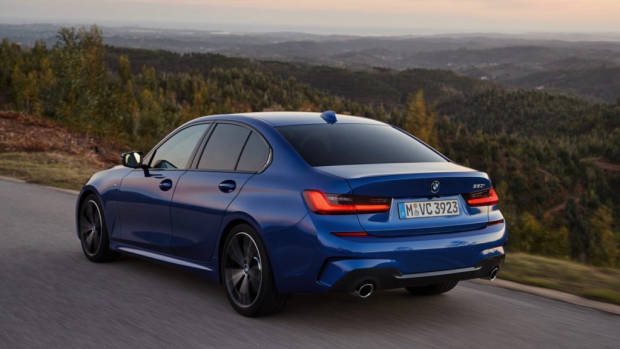
On the petrol side of the ledger, the volume-selling 330i ($70,990) will be offered from launch, featuring an upgraded version of the outgoing car’s two-litre engine. It now makes 190kW/400Nm, also fed through an eight-speed auto. Like the 320d, the 330i now arrives in M Sport trim by default, resulting in a price drop of $2,000 in like-for-like spec. The previous 330i started at the same $70,990, but for either a ‘Sport’ or ‘Luxury’ line.
On both the 320d and 330i, buyers can skip out on the sportily-styled M Sport package by opting for the more opulent ‘Luxury’ line at no cost.
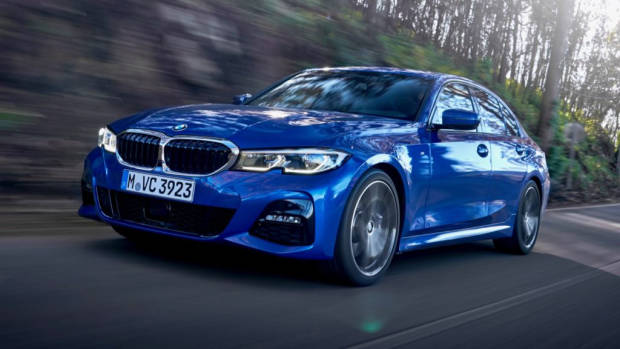
Standard equipment is relatively better in the new-generation G20 3 Series, with Australian-spec cars featuring standard adaptive LED headlights, a 10.25-inch touchscreen and 12.3-inch digital driver display, a head-up display, sports seats, and automated parking.
There have been some specification recessions, though: the 320d M Sport now loses adaptive dampers in favour of a fixed M Sport suspension, and it steps back to 18-inch wheels (from 19-inches) to compensate. The 330i, however, continues to offer the upgraded Adaptive M Suspension with comfort and sport damping options. The 330i retains its 19-inch wheels.
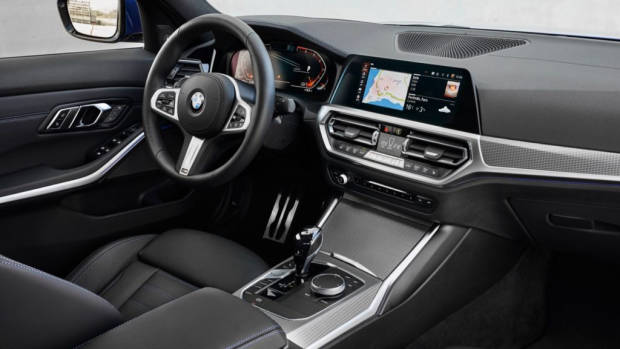
Equally, the 320d swaps out Dakota leather seats for a mix of Alcantara and Sensatec – a combination we’d actually prefer to the ‘Dakota’ hide, which we never loved. However, tick the Luxury line box instead – or grab the 330i in any spec – and the synthetic trims are replaced with higher-end ‘Vernasca’ leather upholstery. Luxury line cars also feature Sensatec synthetic leather on the dashboard.
Two aluminium and three fine wood trims are available for interior customisation, though as standard, M Sport cars sport the metal finish while Luxury line versions opt for wood – as one would expect.
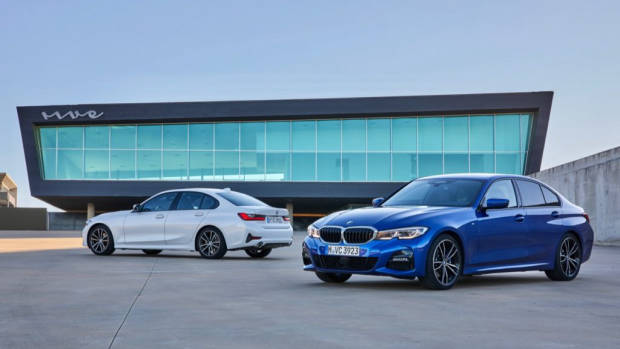
Technology gets a substantial upgrade – especially in the 320d, which swaps out a small 6.5-inch screen for a much larger 10.25-inch version shared with the 330i. Both cars now also feature a 12.3-inch customisable digital driver’s display and a head-up display with 70% more projection area than the previous car’s optional HUD.
Cabin tech is further bolstered by a new intelligent digital assistant akin to Siri or Alexa, summoned with the command ‘Hey BMW’. Wireless smartphone charging and Apple CarPlay are also now standard.
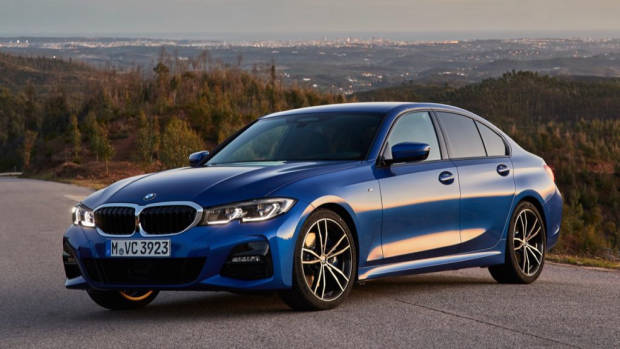
Further, the 330i’s standard Comfort Access system has been upgraded to work with near field communications supported by certain Android smartphones – currently Samsungs running Android 8 or above. If you’ve got one of those, a 330i can unlock if the phone draws near to the door handle – and the engine will start with a smartphone placed in the wireless charging tray.
Dynamically, the spring rates have been stiffened by 20% while additional front-end damping is employed to guard from an overly firm ride. Torsional rigidity is up by 25% while certain ‘critical sections’ see their rigidity increased by half over the outgoing vehicle. The 330i receives M Sport brakes as standard with blue calipers.
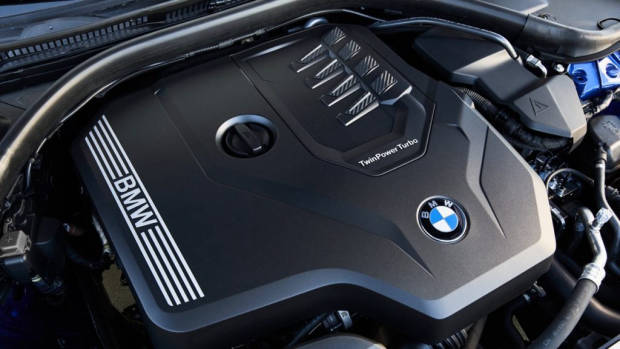
The 320d retains the same outputs as before – 140kW/400Nm – but it now employs multi-stage turbocharging and returns official fuel consumption of 4.5L/100km. The 330i is upgraded to a higher degree, resulting in higher power and torque figures of 190kW and what BMW calls a ‘diesel-like’ 400Nm. The petrol vehicle is slated to use 6.4L/100km.
BMW say the 320d will run 0-100km/h in 6.8 seconds, while the 330i slashes a further second to hit 100km/h in 5.8 seconds.
The launch vehicles are both rear wheel drive in Australia, but later in 2019 a six-cylinder 340i xDrive will arrive in Australia with all-wheel traction. Later still, a new M3 can be expected as the performance hero of the range.
Chasing Cars will be driving the new BMW 3 Series in a couple of months – and we’ll have much more to say then.
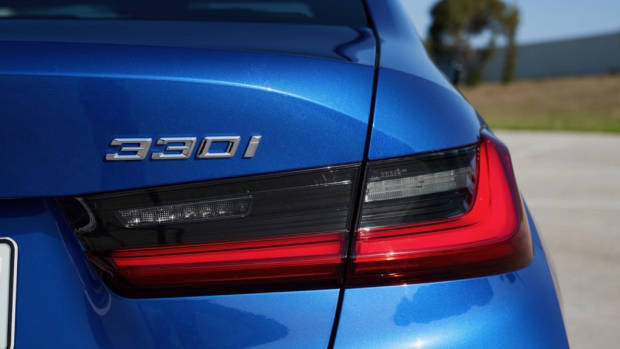
Latest news
About Chasing cars
Chasing Cars reviews are 100% independent.
Because we are powered by Budget Direct Insurance, we don’t receive advertising or sales revenue from car manufacturers.
We’re truly independent – giving you Australia’s best car reviews.